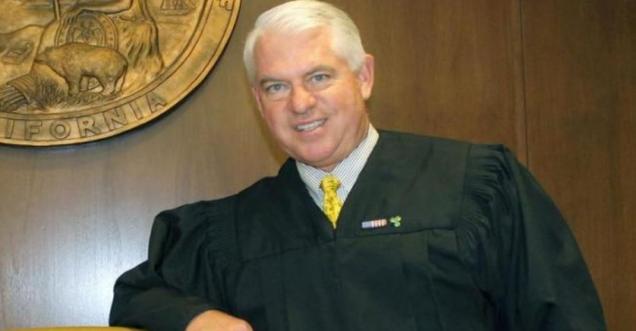
Legal experts this week also dismissed those arguments. Trump’s 2024 presidential campaign didn’t respond to an email seeking comment, but the Republican and his allies have argued that the judge’s ruling in the case showed that the Presidential Records Act affords presidents complete discretion to delineate between personal and presidential records. Jackson simply ruled that NARA could not turn over the tapes as public records because they were owned by the historian and not government property. District Court Judge Amy Berman Jackson ultimately dismissed the case, ruling NARA didn’t have the authority to seize the records from Clinton and hand them over.ĭavid Super, another professor at Georgetown Law, argues the 2012 Clinton case has “absolutely nothing to do with” the charges Trump currently faces.įor one thing, the court didn’t dismiss the case because it found that Clinton was entitled to keep the tapes, Super said. based organization had argued the audiotapes were “presidential records” that the agency should provide under the federal public records law, but U.S. “There is no way to read that statutory language as giving the president ‘discretion’ to categorize military plans, to take just one example, as ‘personal’,” Chafetz wrote in an email. Prosecutors allege, for example, that Trump showed off a classified map of a foreign country while discussing a military operation. Josh Chafetz, a professor at Georgetown Law, agreed, saying there’s “simply no way” the records described in the indictment against Trump could be considered “personal” under the act’s definitions.Īmong the documents found at Mar-a-Lago were ones marked “SECRET” or “TOP SECRET.” The documents included details about the country’s nuclear weapons and the nuclear capabilities and military activities of other countries. “Any record that touches on information relevant to presidential decisions on foreign policy or national security is a presidential record. The following acts were given the Golden Buzzer during the audition round as a result they were allowed to skip the Judge Cuts and advance straight to the Quarterfinals.“The definition of ‘personal records’ is narrow, clear, and functional: it includes only records of a ‘purely private or nonpublic character’,” Peter Margulies, a professor at Roger Williams University’s School of Law in Bristol, Rhode Island, wrote in an email. The following acts were eliminated in the Judge Cuts, but returned as Wild Card acts for the Quarterfinals. The following acts withdrew form the competition before the Judge Cuts for personal reasons. The Gloryland Pastors Choir, Gospel Choir.Some acts were cut before the Judge Cuts, some had only intended to perform once for the judges, and others withdrew for personal reasons. The following acts were not seen in the competition after their auditions. The Baron of the Universe, Sideshow Performer The Amazing Armando, Magician (Buzzed out)

Campbell Walker Fields, Singer and Pianist Jayna Brown, Singer ( Louis Tomlinson's Golden Buzzer) FLIPwas one of the two contestents to be picked as a wildcard to go through to the Quarterfinals. 20 acts participated, and 7 acts moved on. One Direction superstar Louis Tomlinson served as a guest judge. Malevo, Malambo Group ( George Lopez's Golden Buzzer) Cecile & Mighty, Magician/Hand Balancer DuoĬomedian George Lopez served as a guest judge. Sofie Dossi, Contortionist ( Reba McEntire's Golden Buzzer) Steven Brundagewas one of the two contestants picked as a wildcard to go through to the Quarterfinals. Singer Reba McEntire served as a guest judge.

Julian Davis and The Hayburners, Bluegrass Band

Jon Dorenbos, Magician ( Ne-Yo's Golden Buzzer) Singer-Songwriter Ne-Yo served as a guest judge. While each regular judge was given a normal buzzer, each guest had only a Golden Buzzer he or she could press to send an act to the live shows without further deliberation as one of the 7 acts. Joining the main judging panel were four guest judges. The Judge Cuts took place over four days every day, 20 acts performed with only 7 moving on to the Quarterfinals. Serving as the middle round between the auditions and the live shows, 80 acts were pulled from the 100+ acts that were accepted by the judges in the Auditions. The Judge Cuts round returned for its second year after its introduction in Season 10.


 0 kommentar(er)
0 kommentar(er)
